We may earn money or products from the companies mentioned in this post. This means if you click on the link and purchase the item, I will receive a small commission at no extra cost to you ... you're just helping re-supply our family's travel fund.
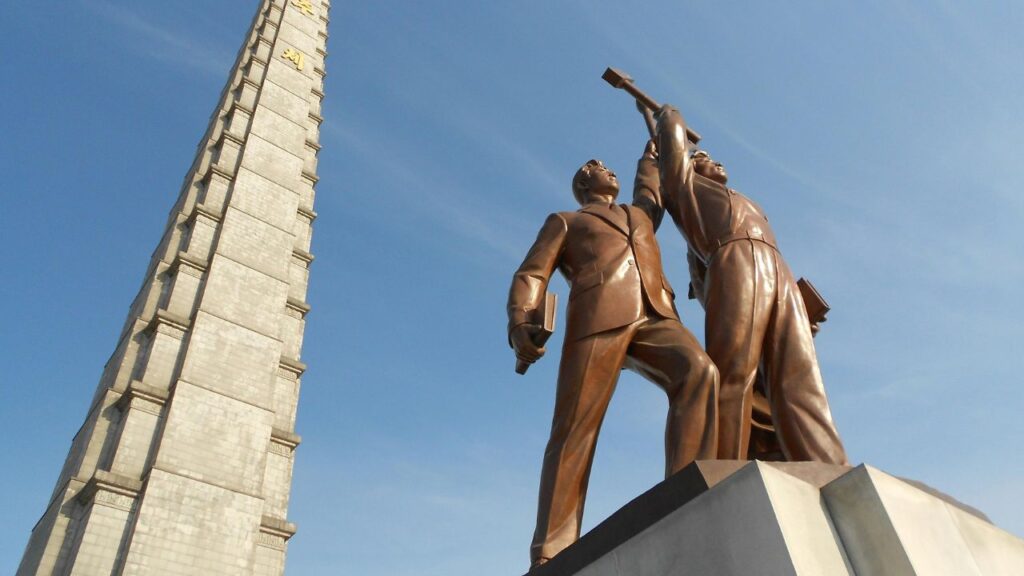
North Korea is one of the most mysterious and tightly controlled destinations on Earth. While budget tours can make it more accessible, travelers often overlook the hidden costs baked into the experience. From restricted tech to mandatory guides, expenses add up beyond your basic tour fee. If you’re considering this once-in-a-lifetime trip, be prepared for a few financial surprises along the way. Here are 12 unexpected costs travelers might face while visiting the DPRK—and why planning ahead can save both money and stress.
1. Visa Application Fees
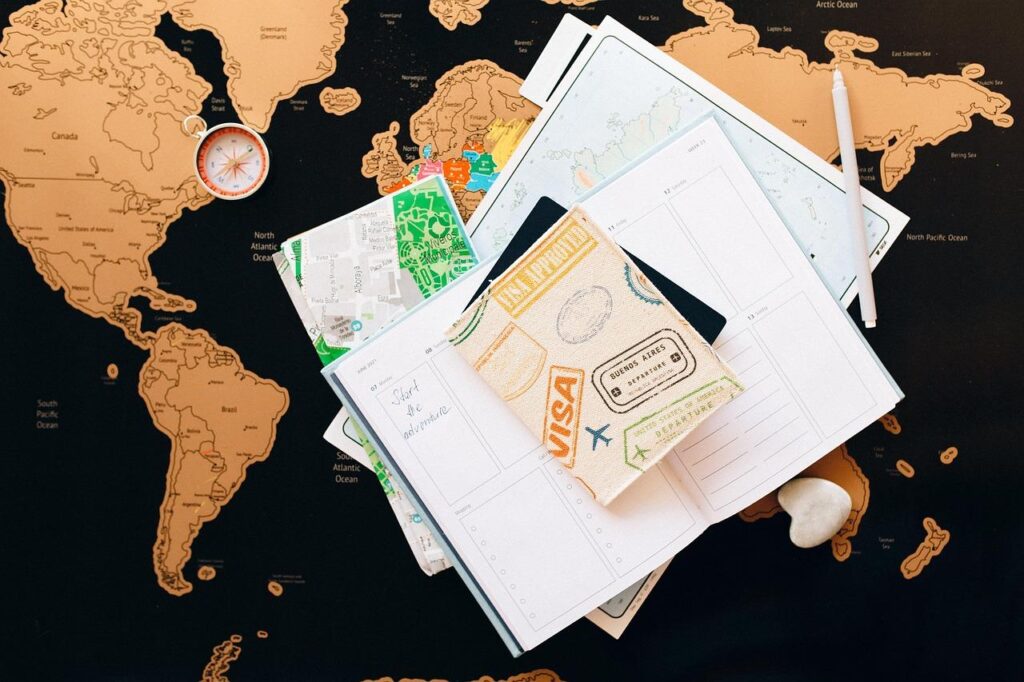
Even if the agency arranges your visa, you’ll still have to cover the actual visa fee—usually around €50. Some agencies include the processing, others tack it on later. Unlike many tourist destinations, you can’t just apply online. Everything is routed through the tour company, so don’t forget to factor this in.
2. Mass Games Ticket

The spectacular Arirang Mass Games are a highlight of any visit, but tickets can cost upwards of €80–€100 depending on the seating tier. These shows are optional but highly encouraged. Unless you’re okay with skipping a cultural spectacle, this becomes a must-pay.
3. Chinese Visa Entry
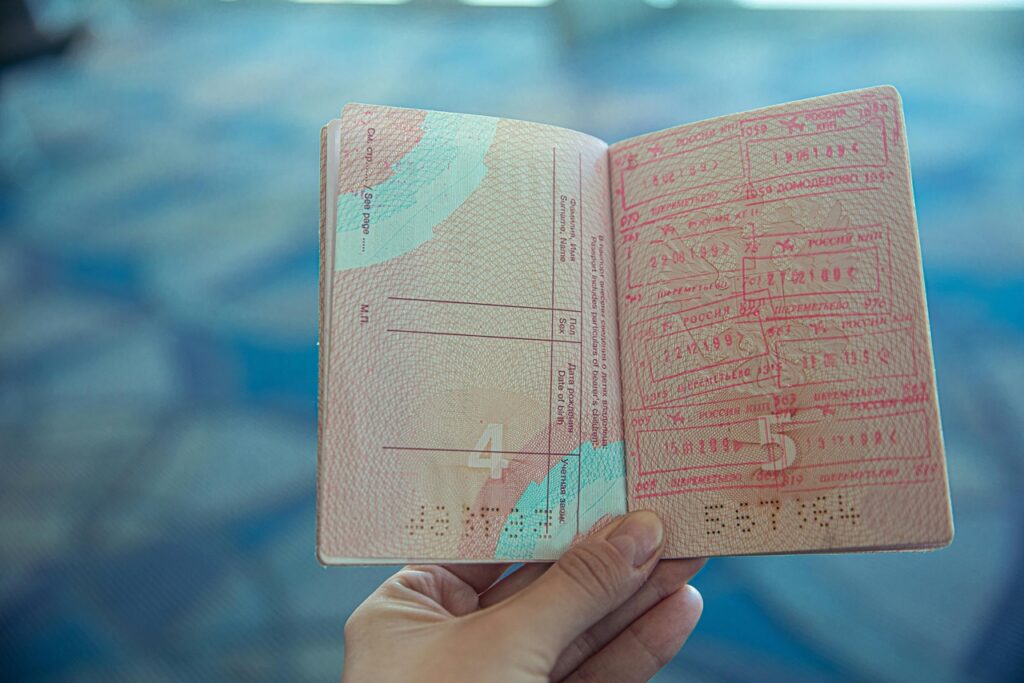
Since entry to North Korea requires passing through China, you’ll need a valid Chinese visa with at least one extra entry. If you forget this detail, you could end up stranded or forced to buy an emergency flight. It’s a common and costly mistake.
4. Sim Card and Calls
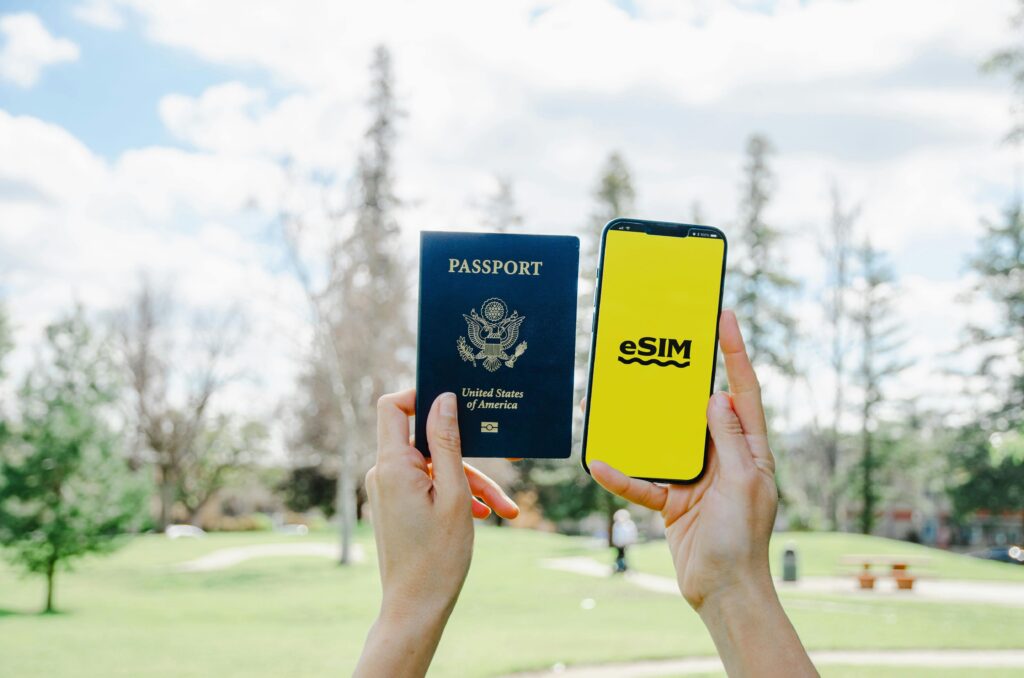
You can technically use a local sim card in North Korea, but it’s pricey. Expect to pay high rates for international calls or limited access data, if any. Most travelers avoid this altogether, but those who need to communicate outside the country pay steeply.
5. Photography Equipment Restrictions
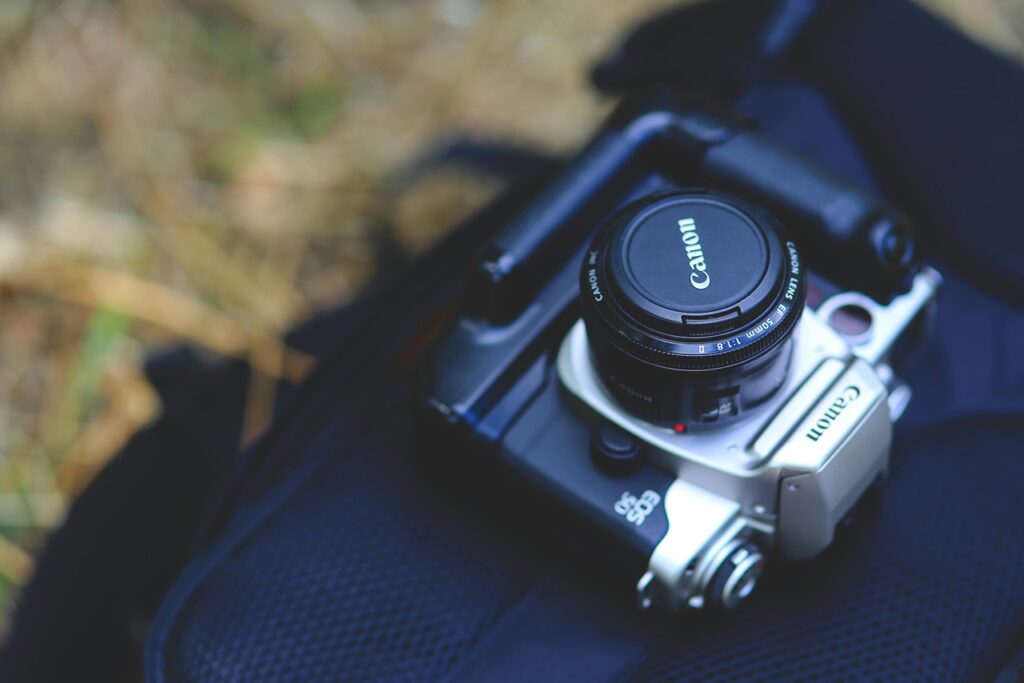
While you won’t be charged for bringing cameras, if your gear has GPS capabilities or professional-grade zoom, it might be “sealed” or flagged. This can limit your usage and, in rare cases, require special handling that could incur a fee or cause delays.
6. Group Tips for Guides
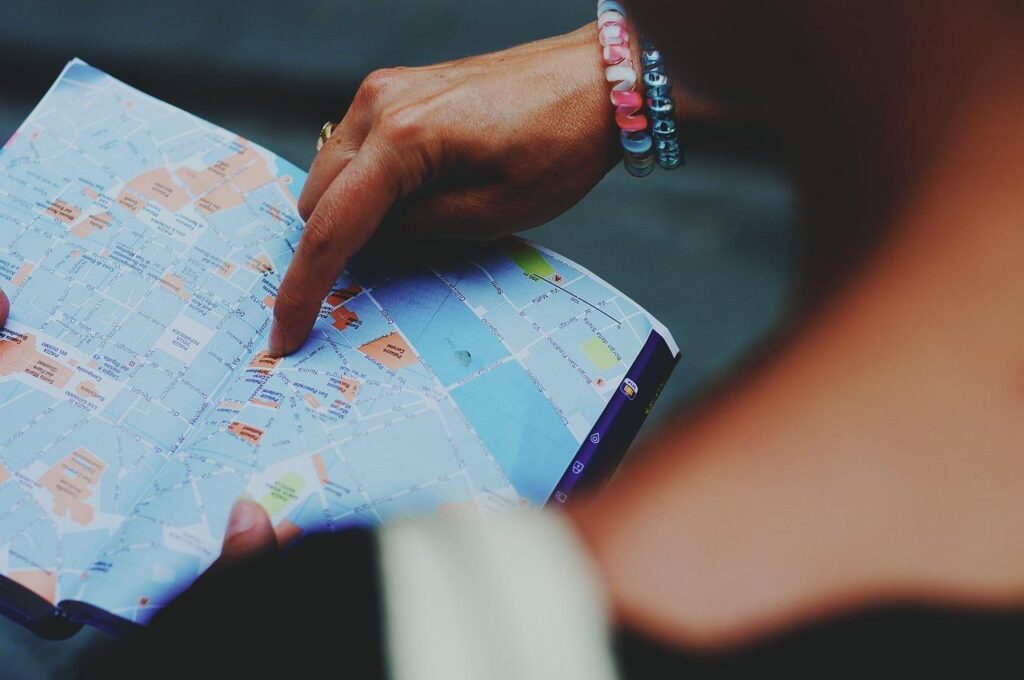
Tipping your North Korean and foreign guides is standard protocol, even though it’s not mandatory. Typically, groups pool together €5–€10 per guide per day, and it adds up over multi-day tours. It’s also seen as a goodwill gesture that can impact your access.
7. Drinks and Dining Extras

While most meals are included in budget tours, beverages—especially alcohol or soft drinks—usually aren’t. You’ll pay out of pocket for beer, soju, or even bottled water during certain meals. Plus, snacks bought on the train or hotel shops can cost more than expected.
8. Souvenirs and Books
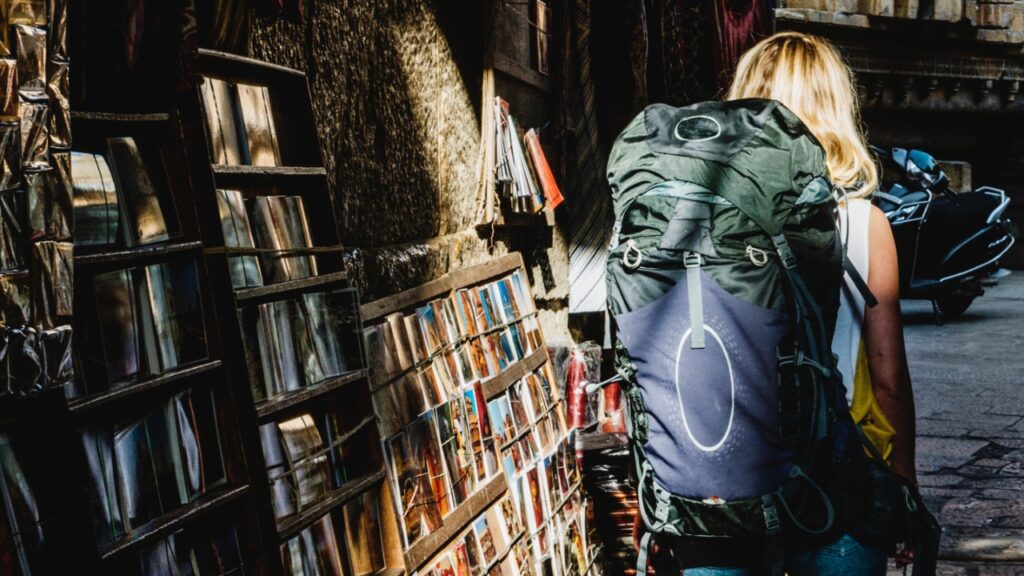
Official bookshops sell state-published books, pins, posters, and even hand-carved stamps. Prices are reasonable, but since you can’t find these items elsewhere, it’s easy to spend more than intended on memorabilia. Haggling isn’t allowed, so what you see is what you pay.
9. Optional Activities
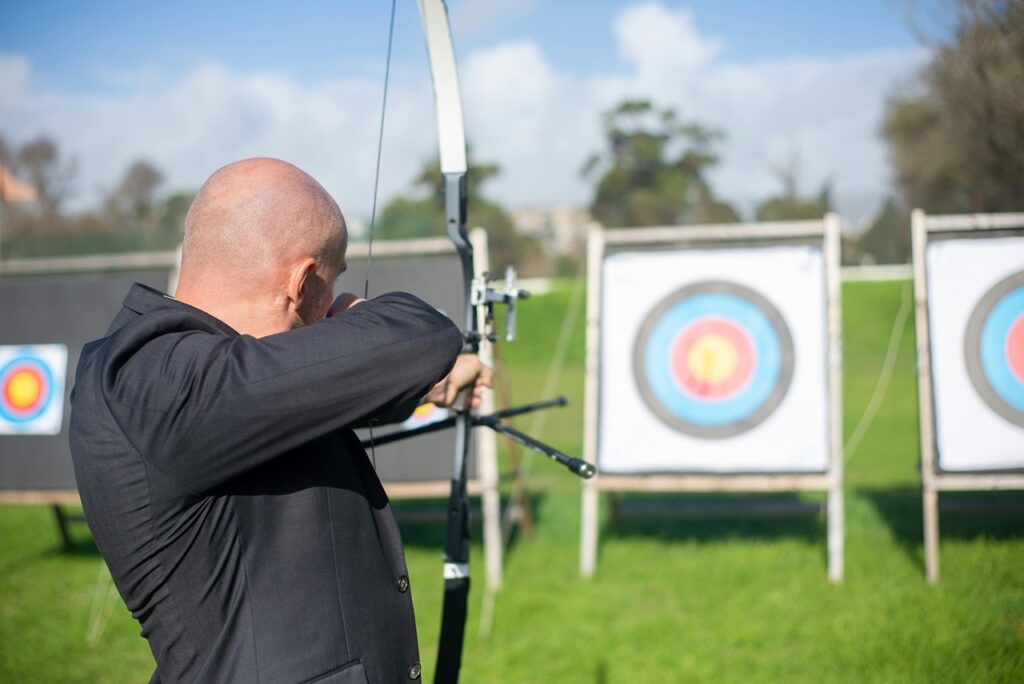
Some extras—like visiting the shooting range, fun fair, or upgrading your train ticket—aren’t included in your initial package. Agencies often offer these on the ground at an additional cost. They’re tempting in the moment and can inflate your budget quickly.
10. Emergency Travel Adjustments
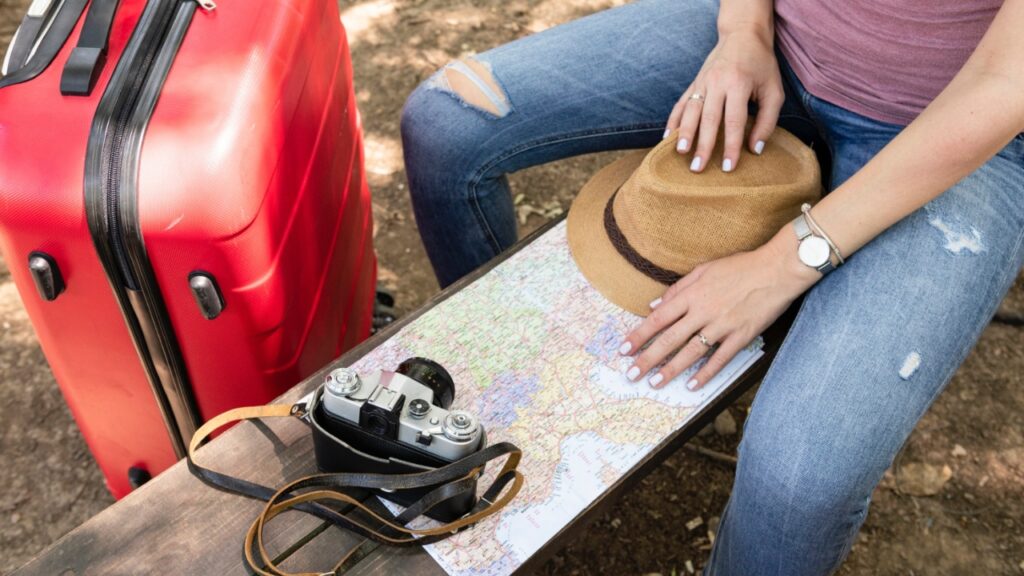
If something goes wrong—like forgetting your visa entry or missing the group train—you may need to rebook flights or obtain emergency transit visas. One small oversight could mean hundreds of euros in extra costs and a serious disruption in your itinerary.
11. Currency Exchange Losses
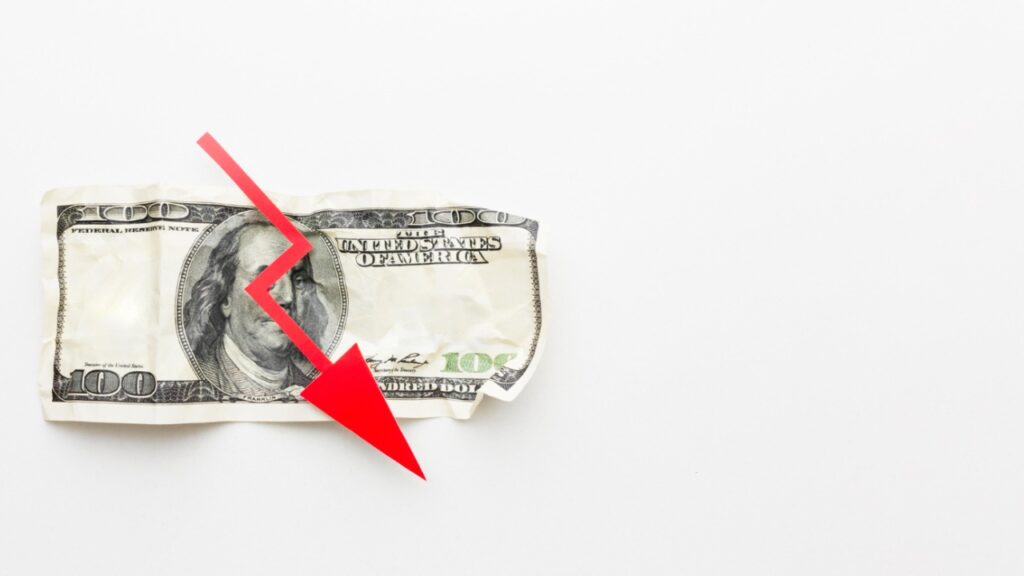
North Korea doesn’t accept its own currency from tourists. Instead, you’ll need Euros, USD, or Chinese Yuan in cash. There are no ATMs, so exchanging money beforehand is essential. You’ll often lose money to exchange fees, conversion rates, or overpayment due to lack of change.
12. Pre-Tour Deposits and Refund Policies
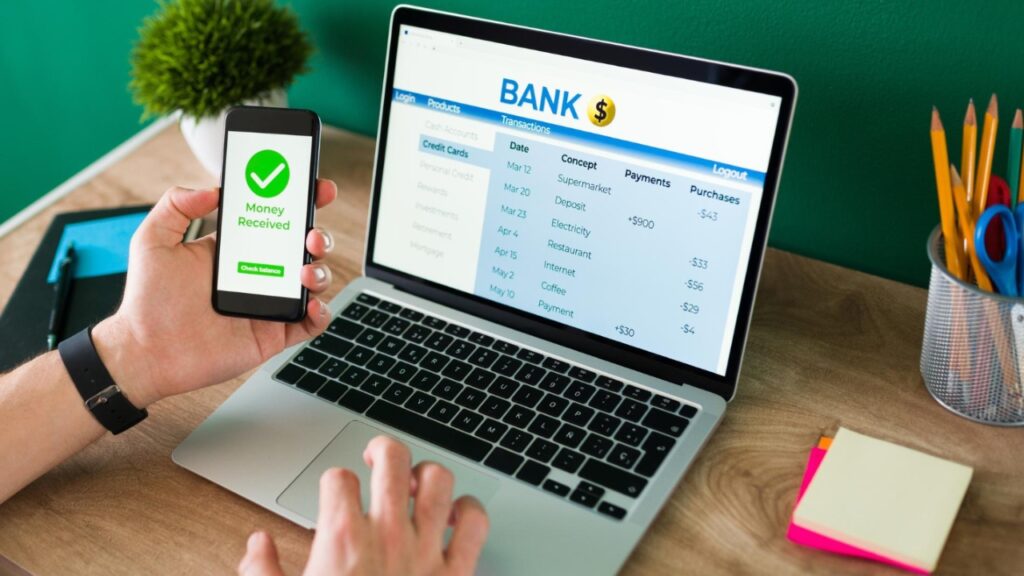
Most agencies require a non-refundable deposit—often 40% of the total trip cost. If you cancel or run into visa issues, that money’s gone. Make sure to read cancellation policies thoroughly, especially with the DPRK’s unpredictable border and political dynamics.